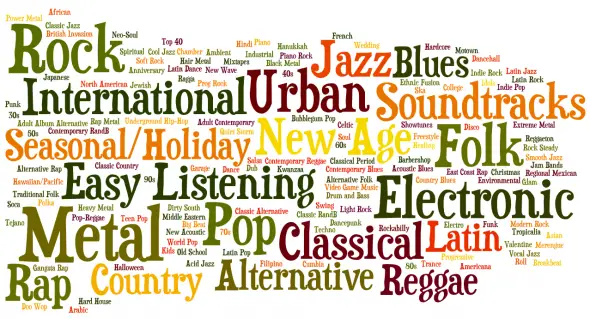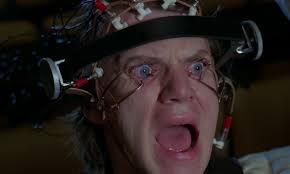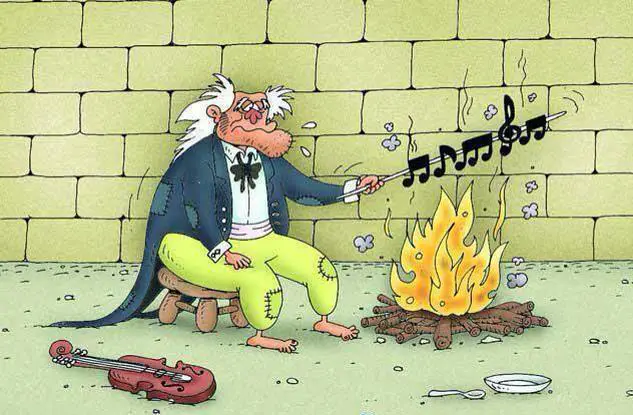
How the Our Urge to Classify Music into Genres Has Changed Music Culture

In an effect to make sense of things in a complicated universe, humans like to put things into neat little piles. That includes organizing music into genres and categories. Once something is labeled, it’s easier to retrieve and search for the stuff you want to hear.
Genre tags make for great shorthand, too. If I say a certain song is “metal,” “grunge” or “indie-pop,” you have a pretty good idea of what I’m talking about. Some may bristle at their art being pigeonholed into a specific category, but it’s the only way for we fans to keep track of what’s out there.
However, Music Industry Blog posits that the idea of segmenting music into genres may be an old, outmoded concept. Take a read of this.
Now though, music competes with a fierce array of alternative cultural identifiers such as branded clothing, extreme sports, networked gaming etc. And of course media consumption time and wallet share are also competed for more intensely than ever before. The result is that the average mass market music fan is less engaged than in the analogue era and the overall average ‘music IQ’ has dropped.
This manifests itself in a greater number of mainstream consumers coalescing in the middle ground of popular music.
It’s an interesting idea. Keep reading.



